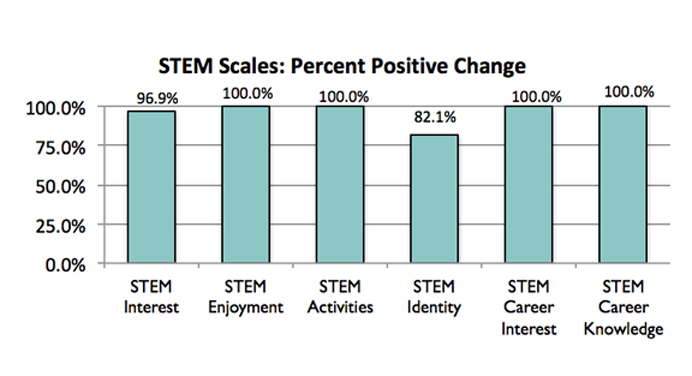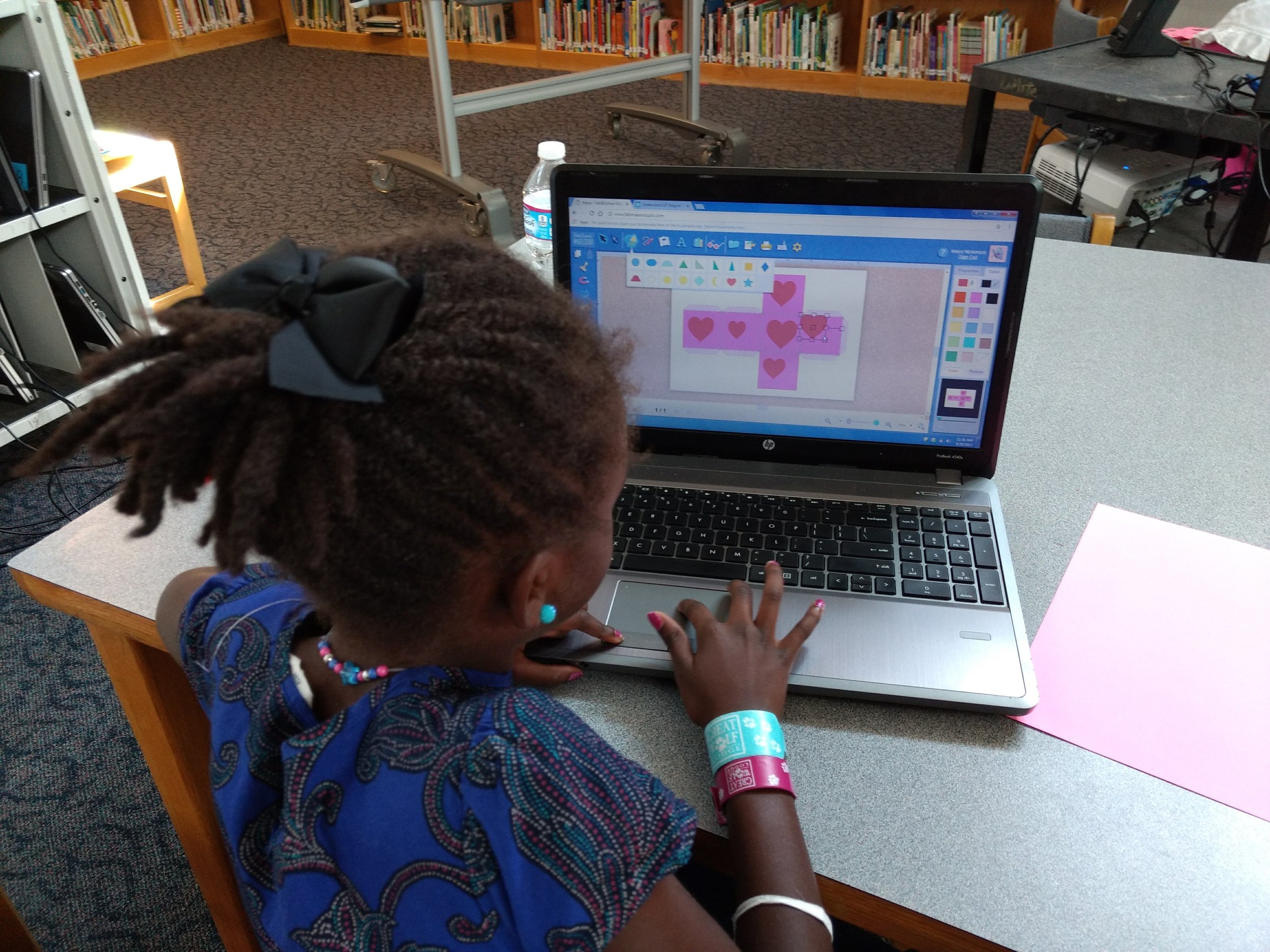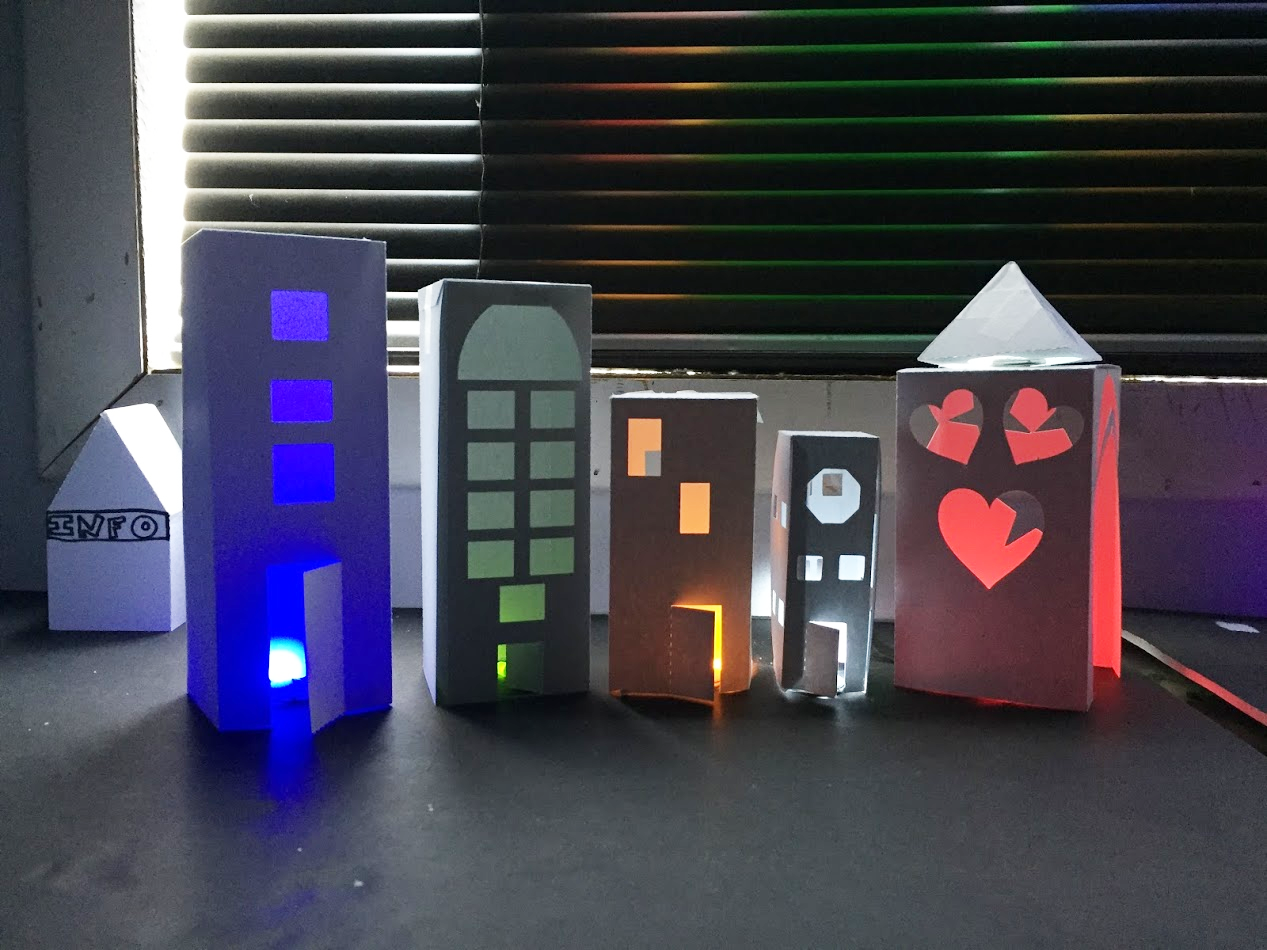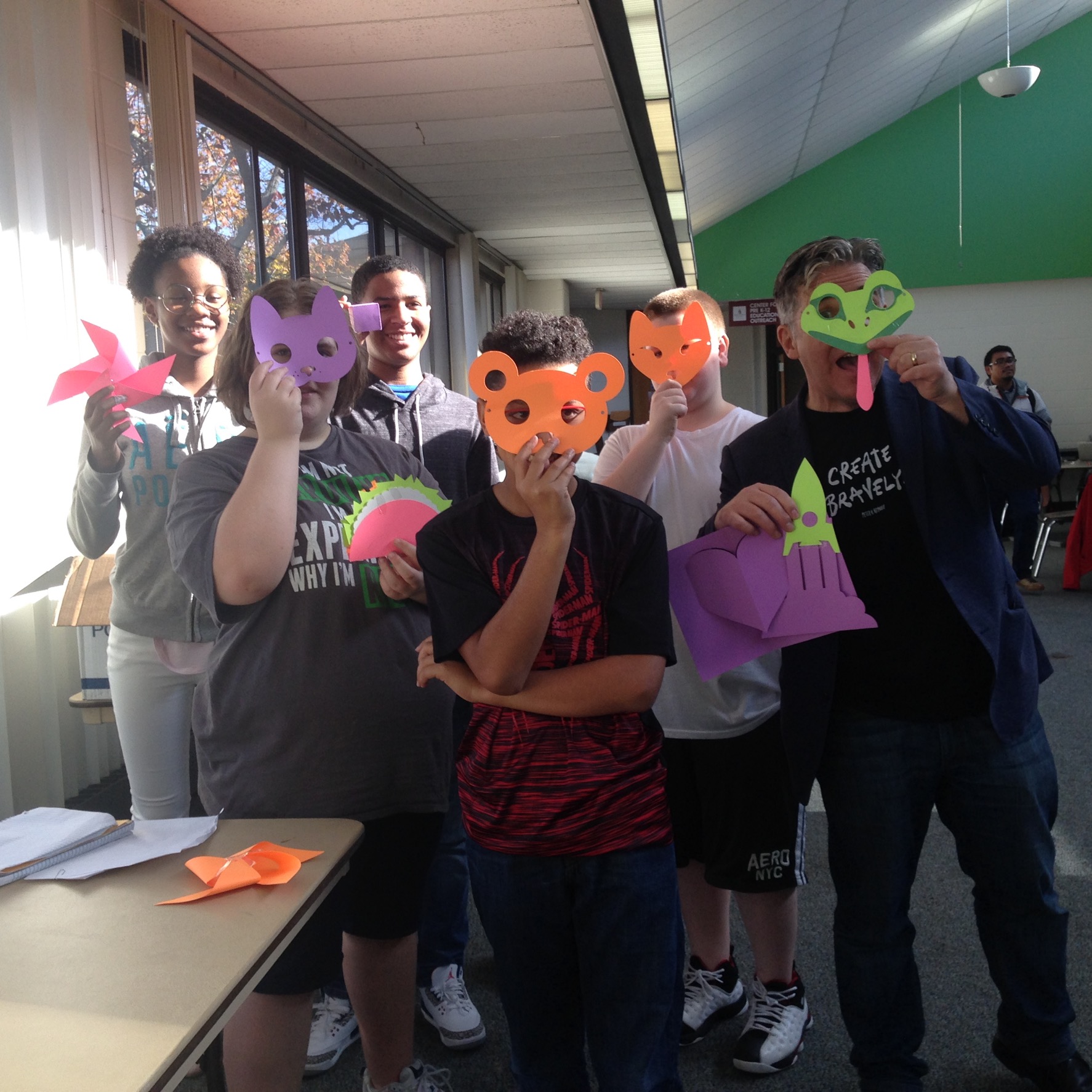PEAR Study of Fab@School Schools Report Positive Gains in STEM Interests
The PEAR results are in and “96.9% of students reported positive gains in STEM Interest” after using Fab@School Maker Studio.
Across Massachusetts students have been inventing, designing, fabricating, and refining projects in Fab@School Maker Studio. The MaSTEM program started as a pilot of 25 schools in six districts funded by the Cisco Foundation. Through funding from mindSpark Learning and the Morgridge Family Foundation, we’ve more than doubled that number building FABSchools across the Commonwealth - from Barnstable to the Berkshires.
In June 2018, MaSTEM students in grades 1-5 in three school districts in Massachusetts participated in PEAR Institute Common Instrument Suite (CIS). This end of year survey is done through the PEAR Institute: Partnerships in Education and Resilience at Harvard Medical School and McLean Hospital, and measures students' interest and engagement towards Science, Technology, Engineering and Math (STEM).
During the school year, teachers shared positive stories from the classroom about student engagement and innovative creations. The PEAR results provide statistics to the stories.
“Overall, of the students that completed the CIS at Fab Schools in Spring/Summer 2018, 96.9% of students reported positive gains in STEM Interest and 82.1% in STEM Identity as a result of participating in their programming. Additionally, 84.6% of students reported positive gains in Relationships with Adults, 61.5% in Relationships with Peers, 87.2% in Perseverance, and 87.2% in Critical Thinking,” according to the report.
The Breakdown
The following results are from The PEAR Institute.
National Benchmarks
Students at Fab Schools reported significantly higher levels of STEM Interest and STEM Identity than similar students in PEAR'S national sample (see chart below). Fab School students reported significantly higher levels of Critical Thinking compared to similar students in PEAR's national sample.
The graph below shows the percentage of Fab School students and PEAR National students that reported overall gains on STEM-related subscales.
STEM Curiosity
Overall, Fab School students reported the highest gains in curiosity around Science and Technology (87.8%) at the end of their program. Students reported the smallest gains in curiosity around Math (66.3%).
Moving the Needle
Overall, Fab School students reported statistically significant positive gains on items relating to STEM Interest and STEM Identity. Moreover, Fab School students reported statistically significant gains on items relating to Relationships with Adults (i.e., having adults that they look up to and can talk to), Relationships with Peers (i.e., that they have friends they can trust and that other people care about them), Perseverance (i.e., working hard to achieve a goal despite setbacks), and Critical Thinking (i.e., problem-solving ability).
Relating STEM Attitudes and 21st Century Skills
There were significant positive trends observed between gains in STEM Interest and gains on three of the four 21st Century Skills scales. These relationships have implications for addressing 21st century/SEL skills in informal Science programs. Plausibly, positive informal science experiences influence peer and adult relationships (teamwork/collaboration) as well as critical thinking and perseverance (flexible thought, logic, and grit)
At The Reynolds Center we are energized to see such positive results from the MaSTEM program and are excited to see the program grow across the state. For more FabStories from the classroom, click here. If you would like to learn more about Fab@School email Andrea Calvin at andrea@reynoldstlc.org.







